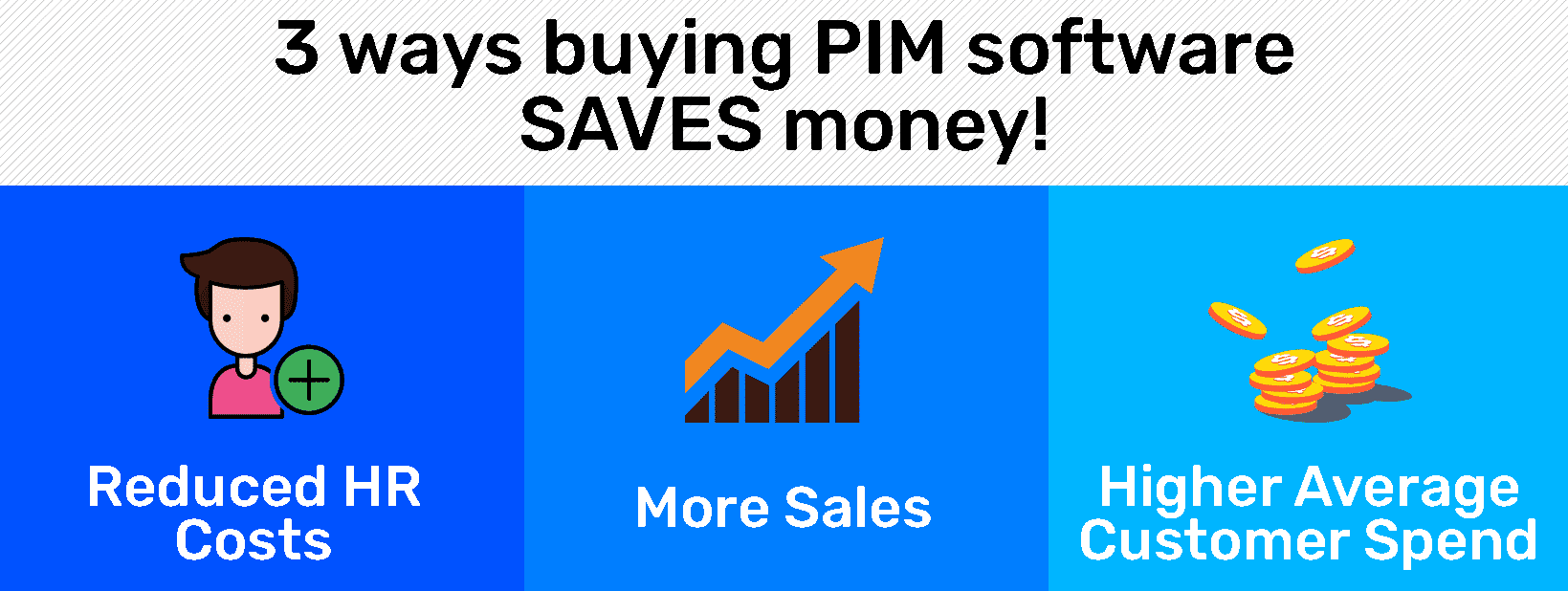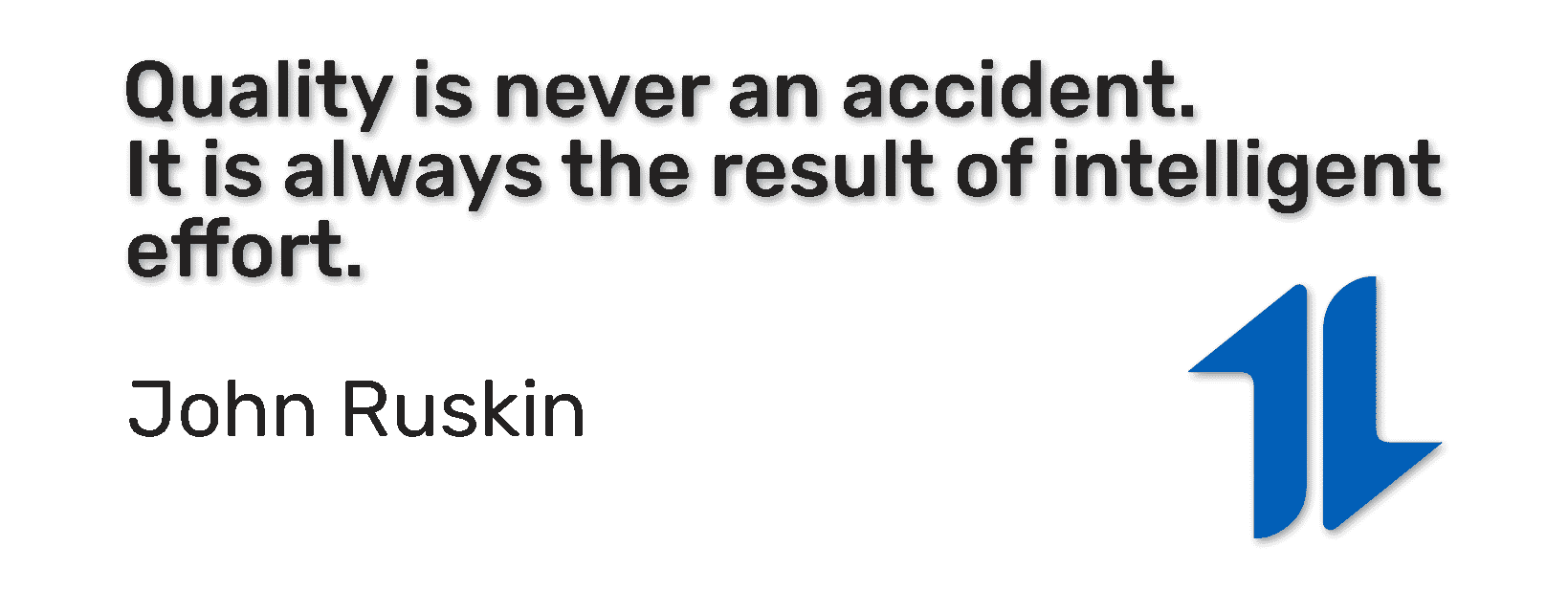
For small to medium-sized businesses, Product Information Management software can be a significant investment for a company. Monthly fees can be expensive, so I'll forgive you for thinking there is no way PIM systems can be seen as anything other than a cost for a business. But there are ways in which it can significantly save money and provide a platform for growth and expansion.

Reduced HR Costs
Time is money and PIM systems save time. Tonnes of it. Let us look at an example:
Employees at manufacturing companies will generally be separated into 3 departments: finance, operations and marketing. Each one would see a considerable time saving from implementing a Product Information Management system, therefore boosting the productivity of the overall workforce. Those in finance would be able to easily monitor and change stock levels, prices and other financial data, with any alterations immediately syncing up with everyone else at the company. Operations staff could easily check or change any piece of product information. New products could be added, with all the required data alongside and perhaps most importantly, operations managers will no longer waste time trying to find some product specifications that another department needs. It is all in the PIM.
Marketing employees would be able to enjoy the exporting features of PIM software, which automates much of the selling process. Product data can be sent to multiple destinations automatically, so no need for tedious data entry on websites. It can also compose catalogue pages and data sheets, saving designers hours.
To summarise, implementing a PIM system means the minefield of messy product data in a company would become categorised, simplified and accessible to any who are in need of it. Product information goes from being a burden on the company to one of its greatest assets.

More sales
It is tough to stand out online. With everyone else shouting from the hills about their stuff, it can be difficult for a company to know where to list products and how to market them. In fact, while researching for this blog I was able to find 65 different places a small business could sell.
Product Information Management software breaks down those barriers and users are able to distribute products to an unlimited number of sales channels, automatically, so companies don't miss out on trade by simply being on the wrong platform or end up being too reliant on one marketplace. Selling on Amazon? No problem. Started up a Woocommerce store too? Absolutely fine. Need to fill out a catalogue as well? Be my guest.
Stitch analysts concluded that retailers who sell on two marketplaces see 190% more in revenue than those who only sell only on a single marketplace. Usually, a business would have to choose carefully where to sell as managing all that data is an extremely laborious process, but PIMs make it possible to have them all.
Higher Average Customer Spend
So often companies are chasing new customers, but raising the average spend of an individual customer can have a profound impact on the bottom line. This can technically be done in two ways, increasing customer satisfaction and securing repeat trade, or raising the average order value of each sale. Both can be aided by a PIM.
Let us talk about customer satisfaction first. What do customers hate? Poor service and mistakes. With a fully integrated PIM system, there won't be any risk of a client getting the wrong information about a product, because it's always up-to-date and accurate in the software and ready to give to a customer. The end result is a smoother sale and a happier client, so they're more likely to come back. Then there's the average order value. With accurate information on every item and rich product pages online, each client is more likely to increase how much they spend with the company. This is because the website or catalogue is able to answer any questions they have about products, so there is no need to go elsewhere.
Product Information Management software is certainly the answer to any data problems a company might have. It improves the quality and organisation of product information and it might just be the platform needed to provide growth and expansion. Remember, quality is never an accident. It is always the result of intelligent effort.